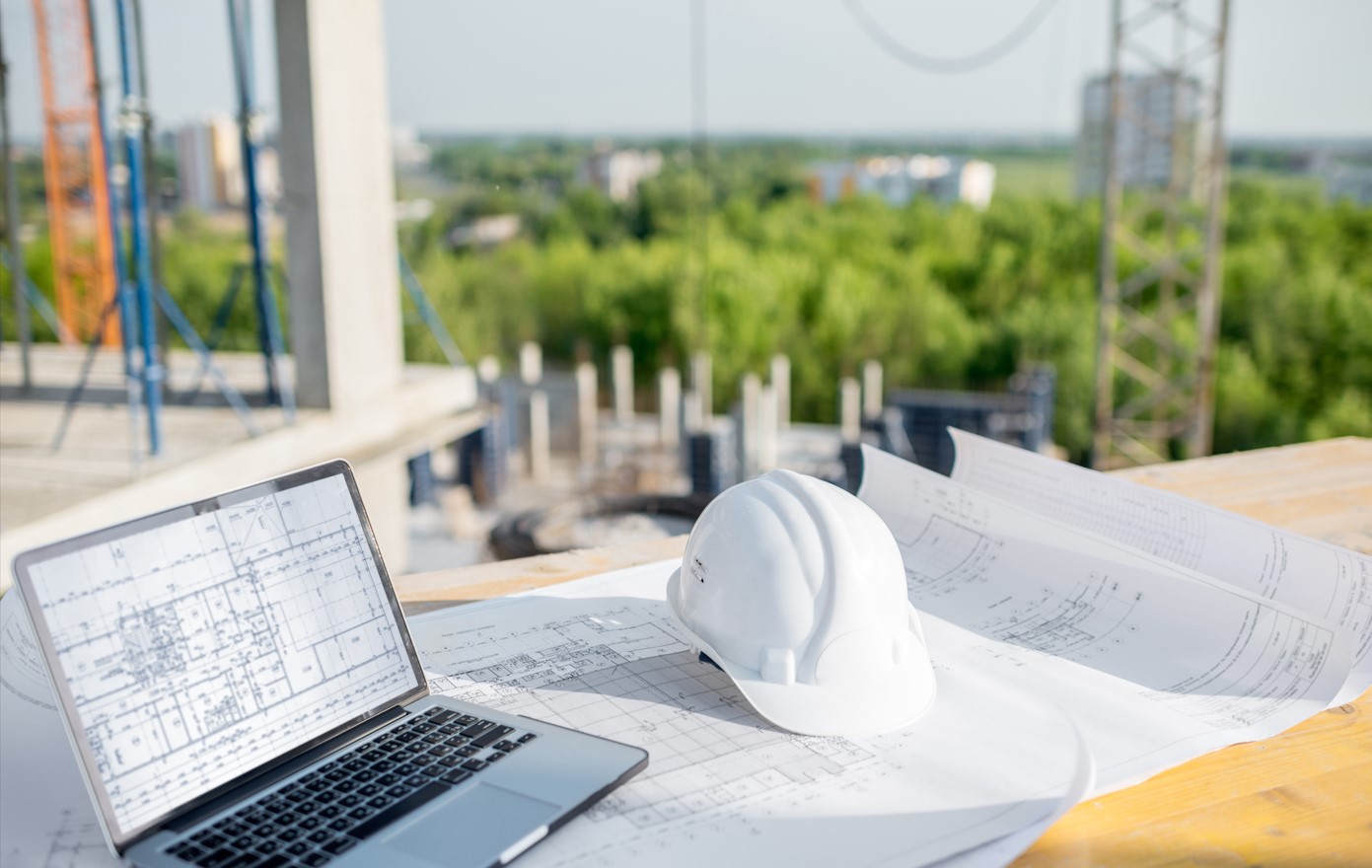Top Admin Apps for Construction Teams
Managing a construction project involves juggling many tasks, from scheduling...

Managing resources effectively is one of the most crucial aspects of any construction project. The efficient allocation of materials, labour, and equipment can make the difference between a successful project and one that falls behind schedule and exceeds its budget. Understanding the fundamentals of resource allocation is key to ensuring projects run smoothly and efficiently.
In the construction industry, resource allocation involves planning and managing the use of manpower, materials, and machinery to optimise productivity and cost efficiency. Misallocation or underutilisation of these resources can lead to delays, increased costs, and reduced project quality. By carefully coordinating where and how resources are used, we can prevent these issues and improve project outcomes.
At Edara Apps, we recognise the importance of effective resource management and provide tools that help construction managers allocate resources smartly. Our construction management solutions are designed to offer a comprehensive overview of all resources, making it easier to plan, track, and adjust allocations as needed. This streamlined approach encourages better decision-making and leads to more successful project execution.
Resource allocation in construction projects is about making sure that every asset, including labour, materials, and machinery, is used effectively and efficiently. It’s all about getting the right resources to the right place at the right time. Failing to do so can result in project delays, cost overruns, and wasted materials. Properly managing these resources ensures that projects are completed on time, within budget, and to a high standard of quality.
To understand resource allocation better, it helps to break it down into its core components. First, we need to identify the scope of the project and determine what resources are required. This includes everything from construction materials and equipment to skilled labour and support staff. Next, we plan the deployment of these resources, considering factors like availability and transportation. Finally, we need to monitor and adjust resource allocation throughout the project. This ensures that any unexpected changes or challenges are addressed swiftly, maintaining the project’s momentum.
For us to optimise resource allocation, we need robust construction management solutions. These solutions offer several key features designed to enhance efficiency and productivity. One of the primary features is real-time tracking of resource usage. This allows project managers to see exactly where materials and labour are being used, and to make adjustments as needed to avoid bottlenecks or shortages.
Another essential feature is automated scheduling. This helps to ensure that resources are allocated efficiently across different tasks and phases of the project. Automated scheduling can also help predict potential resource conflicts and provide solutions before they become issues. Additionally, comprehensive reporting tools enable detailed analysis of resource allocation, helping us to improve future planning and execution. Notifications and alerts keep everyone informed about any changes in resource availability or project needs, ensuring timely and informed decision-making.
Effective resource management involves practical strategies to maximise the efficiency of materials and labour. One practical approach is to implement just-in-time delivery for materials. This strategy ensures that materials arrive on-site exactly when they are needed, reducing storage costs and minimising waste. It also means that site clutter is reduced, making the workspace safer and more efficient for workers.
Another method is cross-training workers to handle multiple tasks. Cross-trained employees can step in where needed, reducing downtime and keeping the project moving smoothly. This flexibility is essential for maintaining productivity, especially when unexpected issues arise. Additionally, detailed planning and forecasting allow us to anticipate future needs and allocate resources accordingly. By using predictive analytics, we can better understand project demands and optimise resource deployment to avoid delays and cost overruns.
Technology plays a crucial role in enhancing overall project performance. Construction software and apps provide vital tools for improving efficiency and communication. For example, digital timesheets streamline the process of tracking labour hours, ensuring accurate data collection and easy access for reporting and payroll purposes. This reduces administrative overhead and minimises errors associated with manual timesheet entries.
Injury management apps help maintain a safe work environment by recording incidents, tracking compliance with safety regulations, and providing training resources. Furthermore, inspection tools enable thorough and consistent site checks, helping detect and resolve issues before they become significant problems. Using technology to manage inspections improves site safety and ensures adherence to quality standards, thus boosting project performance.
Efficient resource allocation and management are at the heart of successful construction projects. By understanding how to allocate resources wisely and utilising advanced construction management solutions, we can optimise the use of labour, materials, and equipment. Practical strategies and the effective use of technology can vastly enhance the efficiency and performance of construction projects.
As we move forward in 2024, leveraging these tools and strategies is more important than ever. Embracing these advancements will help ensure your projects are completed on time, within budget, and to the highest quality standards. Optimise your construction management approach today with Edara Apps. Experience the full potential of our comprehensive solutions designed to drive your project’s success.
Comments